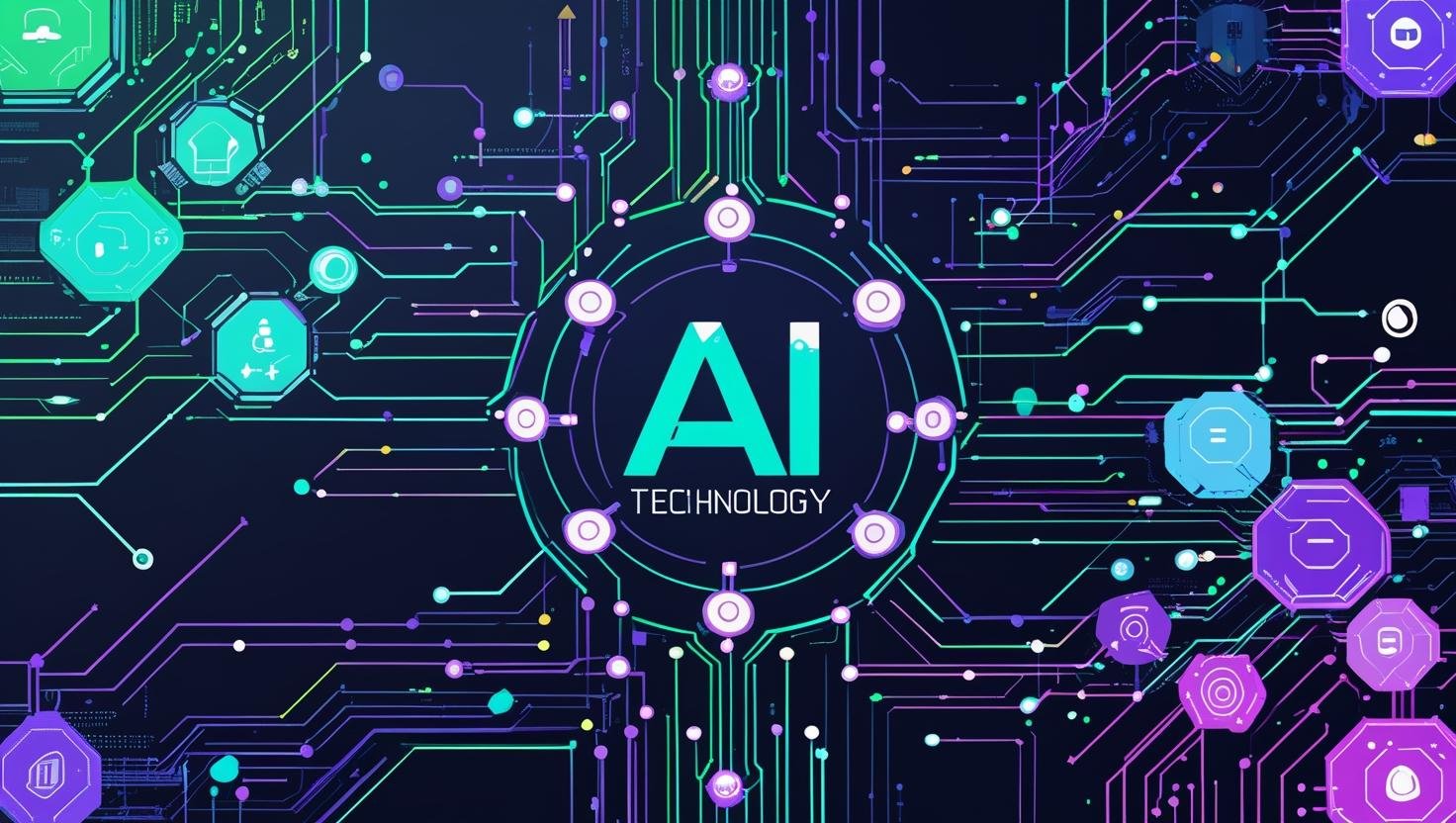- Generative Artificial intelligence (AI) is no longer a futuristic concept—it’s reshaping industries, from healthcare to entertainment, at breakneck speed. In 2025, tools like ChatGPT-5, Mid Journey V6, and Google’s Gemini Ultra are pushing boundaries, enabling businesses to automate workflows, personalize customer experiences, and even draft legal contracts. But with great power comes ethical dilemmas: Who owns AI-generated content? Can we trust synthetic media? This deep dive explores the latest trends, real-world applications, and controversies surrounding generative AI, offering actionable insights for innovators and skeptics alike.

Table of Contents
The Rise of AI in Business
AI (Artificial Intelligence) is technology that helps machines “think” and learn like humans. In business, it uses tools like:
- Machine learning (finding patterns in data),
- Language systems (understanding or chatting like humans),
- Robotics (automating physical tasks).
These tools help companies work faster, make smarter decisions, and personalize services for customers.
A 2024 survey by PwC found that 49% of tech leaders say AI is now a core part of their business plans. This means more companies are redesigning how they operate—using AI to save time, cut costs, and improve customer experiences for millions of people at once.
Key Areas Where AI is Transforming Business Operations
Enhancing Customer Experience
Yum Brands, the parent company of Taco Bell, Pizza Hut, and KFC, has partnered with Nvidia to integrate AI into its drive-thru operations. The initiative aims to introduce voice-activated order-taking AI, enhancing accuracy and efficiency in order processing.
Operations and Supply Chain Management
Machine learning algorithms analyse historical data and market trends to predict product demand, enabling businesses to adjust inventory levels proactively. This leads to cost reductions and improved service delivery.
Supporting Human Resources and Talent Management
It also aids in employee engagement by monitoring satisfaction levels and predicting turnover, allowing for timely interventions.
Automating Content Creation
Content creation is an essential part of most businesses today, especially in marketing, advertising, and communication. Generative AI will revolutionize the content creation process by enabling businesses to produce high-quality, personalized content at scale. By 2025, businesses will be able to automatically generate:

Why Generative AI Matters Now
- Cost Efficiency: Automates up to 40% of repetitive tasks in sectors like finance and HR.
- Creativity Unleashed: Startups like Runway ML empower indie filmmakers to produce Hollywood-grade VFX.
- Ethical Risks: Instances of AI-generated misinformation surged by 120% in 2023 (MIT Report).
Generative AI isn’t just a tool—it’s a paradigm shift. While businesses race to adopt it, the ethical and regulatory landscape remains a minefield. Staying ahead requires balancing innovation with responsibility. Will you lead the change or watch from the sidelines?

- Hyper-Personalization at Scale
- Brands like Netflix and Spotify now use AI to create custom content (e.g., trailers, playlists) for users.
- Example: Coca-Cola’s “Create Real Magic” campaign used DALL-E 3 to crowdsource AI-generated art.
- AI-Driven Synthetic Media
- Deepfake technology is evolving for ethical uses, like resurrecting historical figures for education.
- Stat: 68% of marketers plan to adopt synthetic media for ads by 2025 (Gartner).
- Regulatory Crackdowns
- The EU’s AI Act and U.S. Executive Order on AI mandate transparency in training data and bias audits.
The Future of AI in Business
Looking ahead, AI is expected to become even more integrated into business operations, with advancements in areas like generative AI, autonomous systems, and quantum computing. Businesses that proactively adopt AI technologies and address associated challenges will be well-positioned to thrive in an increasingly competitive and technology-driven market.
Real-World Applications of AI in Business
Financial Sector: AI algorithms detect fraudulent transactions by analyzing transaction patterns and flagging anomalies, enhancing security and trust in financial services.
Manufacturing Industry: Predictive maintenance powered by AI predicts equipment failures before they occur, reducing downtime and maintenance costs.
Retail Sector: AI-driven recommendation systems analyze customer purchase history and browsing behaviour to suggest products, enhancing the shopping experience and driving sales.
Challenges and Considerations
While AI offers numerous benefits, businesses must address several challenges to implement AI effectively:
- Data Privacy and Security: Ensuring that AI systems handle data responsibly and comply with regulations is crucial to maintain customer trust and avoid legal issues.
- Integration with Existing Systems: Seamlessly integrating AI solutions with current business processes and technologies requires careful planning and resources.
- Skill Gap: There’s a need for professionals skilled in AI and data analytics. Investing in training and development is essential to leverage AI’s full potential.
- Ethical Considerations: Implementing AI responsibly involves addressing biases in AI algorithms and making ethical decisions regarding automation and job displacement.

